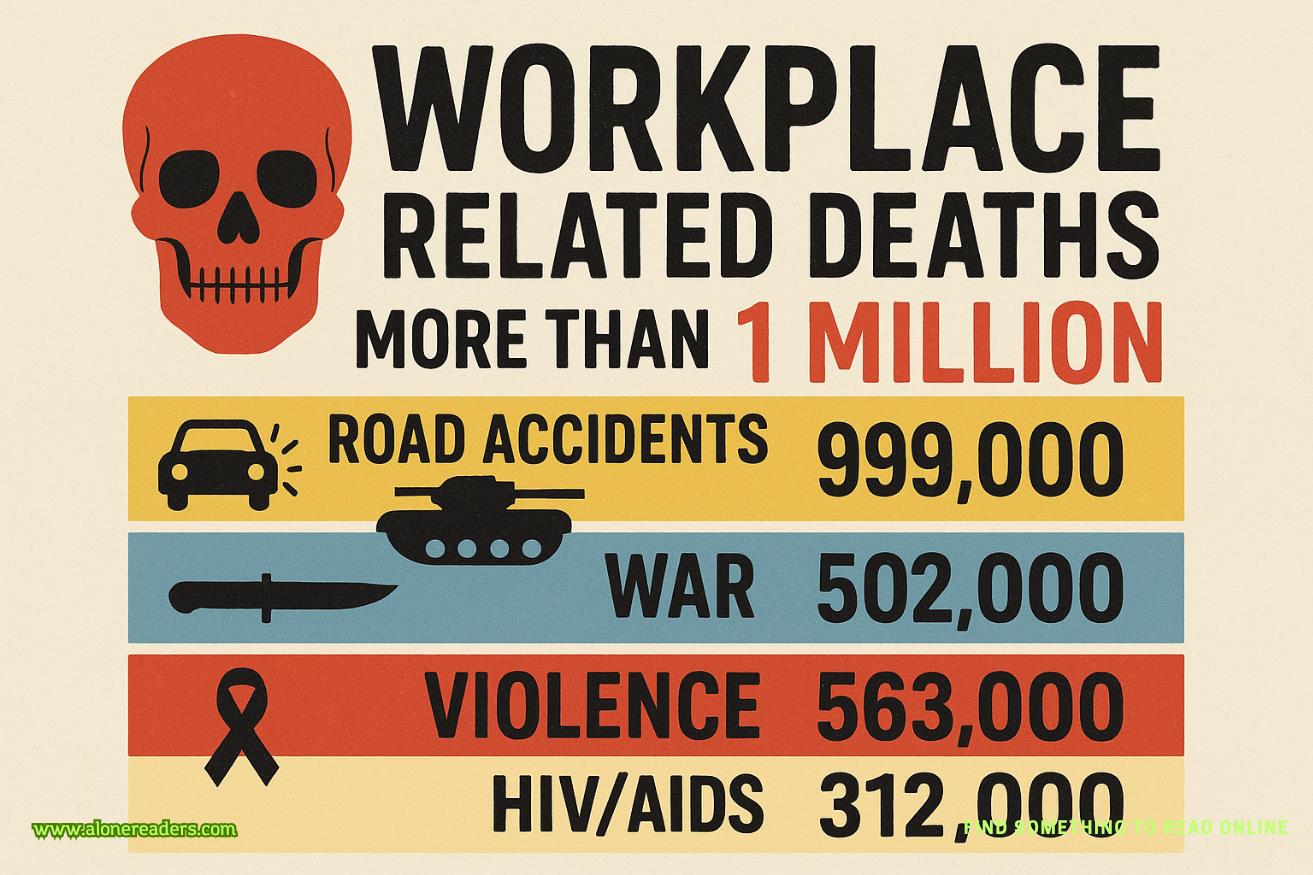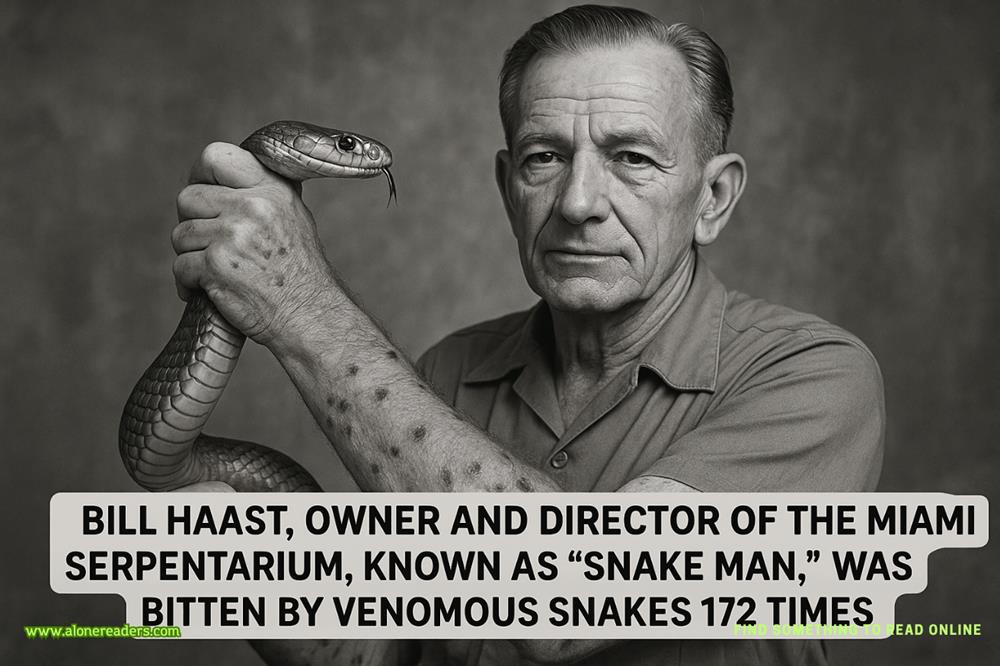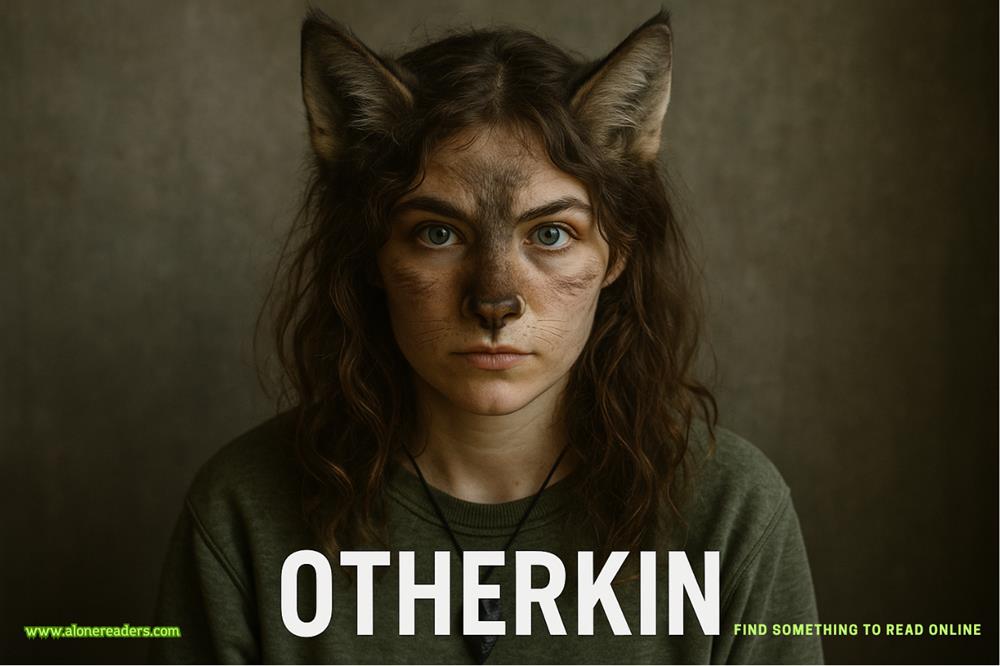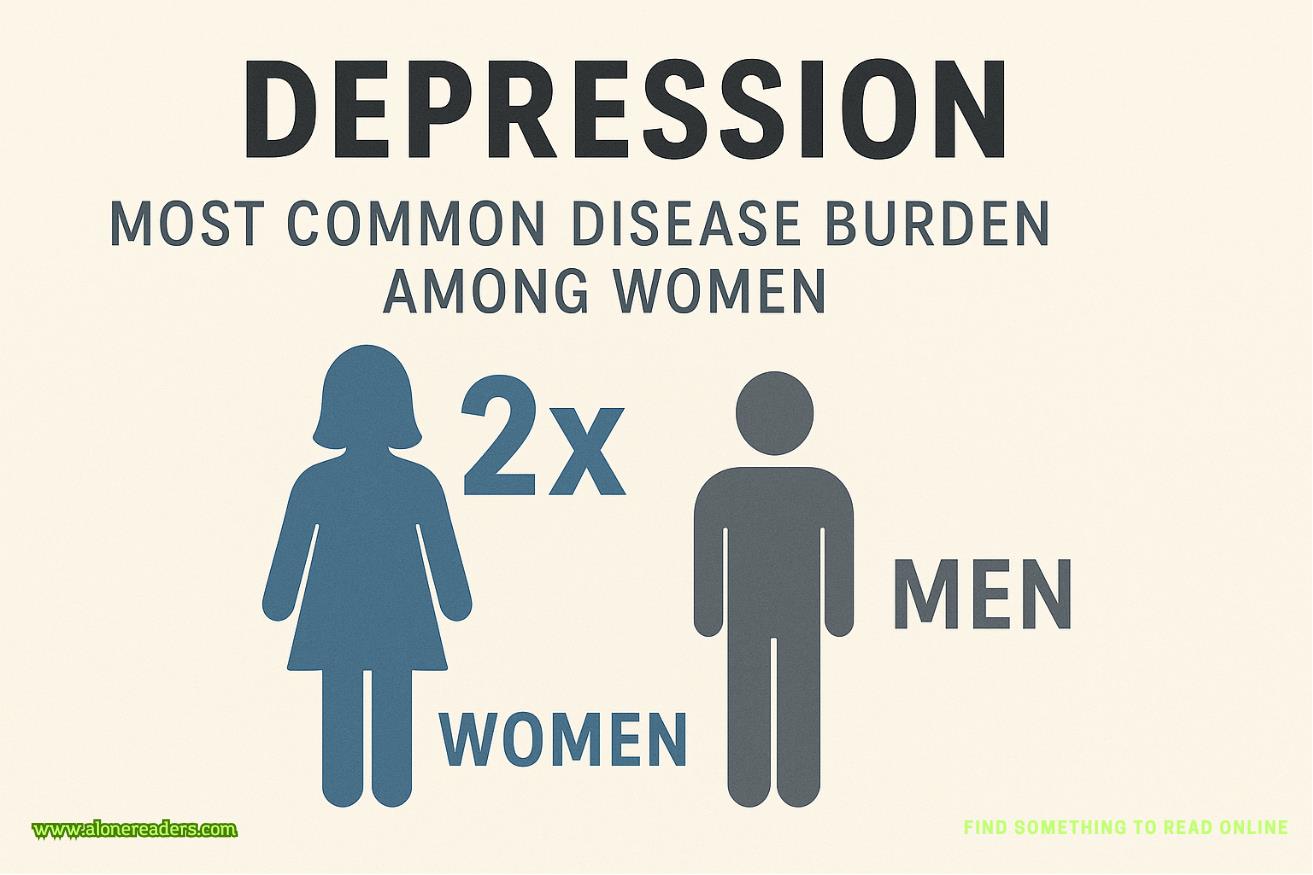Page 13 of The Royal Curse
Not anymore. My smile hadn’t diminished despite the lingering aches in my stomach and head. I turned away and stepped inside to ring for more coffee, whistling as I went.
Chapter Five
The first few days of the journey were easy enough. We rode out of Surbino’s eastern gate and made good time through the well-cultivated district nearest the city, a patchwork of deep-green woods and the brown fallow fields that lay in wait for the fresh, pale grass-green that would begin to peek through within a week of the first real winter rains. When we crested the first ridge of the foothills, we had a perfect view of the silvery ribbon of the Surbino River winding through it all to the gleaming sea beyond. And on the coast where river met sea, the city itself sat glowing in the sunlight, all golden sandstone and whitewash and rich red and blue tile.
When I turned back to the road up the mountain my heart lifted and my spine straightened. I did love my home, but thank the gods I could getoutfor a while.
By the time we reached another, higher vantage point where I could’ve taken a final look at the city, though, clouds had moved in from the north, wrapping everything in an impenetrable blanket of gray. The rain started slowly, a mere drizzle, but it turned to sleet and then snow as we wound our way up and up, making for the pass that would take us through the mountains and into the kingdom of Rabbion, where the conclave would be held.
Each day the weather worsened. Not enough to necessitate extra nights at any of our stops, but enough that we covered fewer miles than I’d hoped. Five days of slow travel and five nights at variously uncomfortable roadside inns found us just on the other side of the pass, riding carefully and in single file between massive jutting rocks piled with white. More snow blew down on the wind that shrieked and howled through the crevices. We stayed that night at yet another small and cramped hostelry perched on a tiny alpine meadow between huge tumbles of granite. At least they had good stew.
The next day brought more snow, just wet enough that it seeped through my thick woolen coat ever so slowly, allowing me to properly experience each damp, miserable minute of it. I kept my head down, grateful for my broad-brimmed hat. The jaunty feathers Benetto had optimistically attached to it had been discarded days ago. He’d have been terribly dismayed if he hadn’t remained home, having come down with a cold in the head the night before our departure.
That had left me with an entourage of seven: the six guards under Andreas’s command, who rode fanned out, two with us, two ahead, and two trailing a little behind as a rear guard—and Andreas himself. He stayed beside me whenever the path allowed and immediately in front of me when it didn’t, as unruffled as always, seeming not to notice the wet or the cold whatsoever.
Of course he’d traveled, and fought, in much less pleasant conditions than these. During our planning and preparations, looking at maps and discussing inns, the care of horses, and what provisions to carry in case of accident, he’d relaxed enough to sit down and drink coffee with me instead of standing and hovering on the other side of my desk.
And he’d started offering stories from his career as a soldier. He’d begun at the age of fifteen in the service of Duke Treviso, late ruler of the duchy to the north of Surbino. They were constantly embroiled in conflict with the warrior tribes on their northern border, and as a result, Andreas had more experience of real fighting than most of my mother’s guards combined.
He’d come to Surbino when Treviso died. Andreas didn’t like the new duke.
To be fair, no one liked the new duke. I’d met him when he came on a state visit, and he’d been the handsomest, coldest, and least likable asshole I’d ever had the displeasure of trying to make courteous talk with over a meal.
I’d told Andreas that story in turn, and he’d laughed, a low, friendly rumble of a sound that had me smiling in response.
In short, Andreas and I had come to a sort of equilibrium. Young or not, his experience of life eclipsed mine in every possible area, as I’d assumed it would—except maybe in the entertaining, or boring as the case might be, of rude dukes. That had upset me before, but now that I knew him better I had trouble continuing to resent his authority over me. After all, he’d worked so damn hard, and bled so much, to earn it.
On his side, he politely never brought up nor even appeared to remember the “I bet you can get it up” incident. It had me tossing and turning with embarrassment in the middle of the night, of course. But that was my problem.
So aside from my midnight brooding and my perpetually chilled nose and fingers, nothing went wrong until that sixth day of the journey, when I’d begun to think we were in the clear. I’d even started mentally composing a smug, self-righteous letter to my mother, Philippa, and Gennaro, letting them know that their pessimism had been unnecessary and absurd. As she kissed me farewell, Philippa had been muttering about both human and equine broken legs, avalanches that would bury us alive, and hypothermia. It’d be so satisfying to tell her she’d been wrong.
But in the end, she was right.
It was just that the disaster stemmed from something she’d never have anticipated: a broken leather strap on my saddlebags.
Down in the eastern foothills, the slushy snow had begun to melt further into icy rain. The terrain reminded me very much of home; this side of the mountains didn’t differ too much from Surbino, which occupied part of the western side of a long isthmus, with a mountain range running down the middle like an exposed spine. On this side, another sea lay only fifty miles or so to the east.
At last the rain slowed, and the clouds thinned, a pale shaft of sunlight peeking through a small gap.
I whipped off my hat and turned my face up into the light, feeling like a potted plant that’d been left to wither in a dim corner of the palace reaching its pitiful vines toward the window.
“Your skin can burn even when it’s cold or the sun’s barely out, especially at this elevation,” Andreas said, reining slightly closer to me.
Not that he ever went far. He’d been constantly within six feet of me, except when I retired for the night—and even then, I suspected he’d spent as much time dozing in the corridor outside my room as sacked out in his own. The only night he’d slept well, I was pretty sure, had been last night, when we’d all had to double up. He’d laid out a blanket on the floor of my room in front of the door and snored softly until dawn.
“Take it from me,” he went on. “Redheads know everything about sunburns. That’s why I’m so tanned. I had to burn a hundred times first. Made my first couple of campaigns miserable. You’d think it’d be the danger, but no. It’s always something like a sunburn on the back of your neck.”
“I believe it,” I said. “I think I could probably face another man with a sword. But I’d end up deserting if it got too uncomfortable. Maybe I need to toughen up a bit,” I said, turning to him with a grin. “I should leave my hat off and see if I can get a little less pale by the time we go home. I look like someone who’s never set foot outside a library.”
Andreas smiled, the nice one that creased his cheek. “You look perf—pale, yes, but there’s nothing wrong with that. You should keep your hat on. If you burn, you’ll be uncomfortable for days.” He turned back to the road, tapping his reins and going a few feet ahead of me for no apparent reason other than ending the conversation he’d initiated.
Well, all right then. He could be so strange sometimes.
Or maybe he wanted to go single file here, though two could fit abreast. The ground fell away steeply to our right, studded with jutting boulders and brushy plants clinging to the hillside, all of it absolutely soaked and muddy. It looked like it could give way at any moment.
As I nudged Fluffy to the left, my saddle shifted. A moment later, my right-hand saddlebag tore off and fell. I lunged for it, crying out, but my fist clenched on empty air, and the bag went tumbling down the slope and out of sight.
Andreas was at my side in an instant, one hand on my reins and the other holding his sword, already out of the scabbard. “What happened? Are you hurt? You’re dead white, not pale. Your Highness? Are you injured?”















